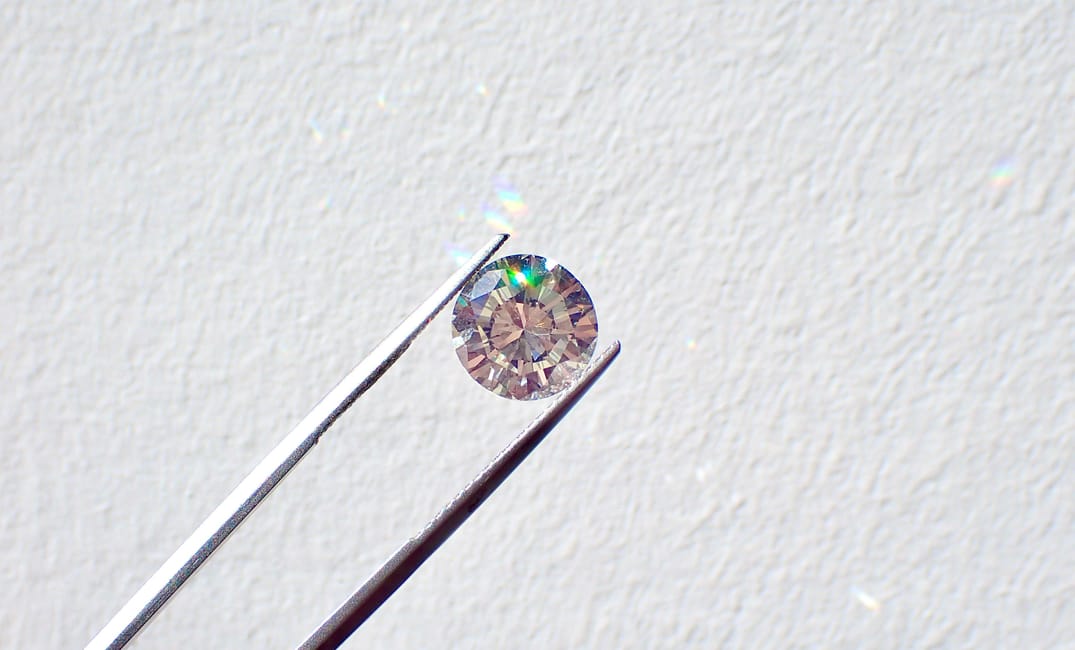I woke up yesterday and did what I always do: scroll through my social media (a bad habit I’m trying to break). Still bleary-eyed, the first thing that came up on my instagram timeline was Beyonce, in a gorgeous sleek black dress, back towards the camera, draped in her husband Jay Z’s arms. I’m a big Beyonce fan, so instinctively I liked the post. I take a closer look and realise she’s wearing a huge glowing diamond to celebrate a new collaboration with the jeweller’s Tiffany’s. Suspicious, I immediately “unliked” the post. A little bit of research leads me to realise it’s a diamond from the colonial era, “discovered” in 1877. So far it doesn’t sound particularly ethical.

Support us!
Support us by contributing as little as £1 so we can continue to give young people a voice and a platform they deserve
£1.00
Later on in the day, my timeline is soon littered with people and various platforms lauding the couple’s campaign with the usual commentary we’ve come to expect with glimpses of black wealth. “Black excellence!”, “Beyonce’s in her bag!” and “a Queen!”. She’s referred to in the promo as “the first Black woman” to wear the diamond since its discovery, following the likes of Lady Gaga and Audrey Hepburn who’ve donned the necklace before.
Rather than exuding a black power-esque vibe that the couple are often trying to convey (Beyonce has centred blackness and black womanhood throughout her art since 2016 when she released the album Lemonade) it’s a campaign that seems contradictory to their espoused political values, and totally devoid of uplifting black people as a collective. Celebrations of black wealth are starting to feel awkward and increasingly unpalpable in a world more conscious of racial wealth inequality. Though at least some of the profits will be going towards historically black colleges and universities in the US, the lauding of their material wealth still feels odd.
Is it really meant to be inspirational to me as a black woman, for Beyonce to be the first black woman to wear a diamond that was most likely taken from South Africa exploitatively? (Tiffany provides extremely vague details about how it was found and bought). How can we celebrate the individual “achievement” of wearing wealth unfairly extracted at the historic expense of black Africans? The desire for rampant profits at any cost is why slavery and colonialsm, exploits that deeply harmed millions of black people, is why systemic racism exists in the first place. Even if the diamond was sourced and bought entirely ethically, what does black liberation have to do with a few individual black wealthy people who are the exception not the rule?
I had the same reaction a couple of weeks earlier, when the news broke that black female singer and entrepreneur Rihanna had officially become a billionaire. Black media platforms encouraged us to celebrate, seeing it as a win for the “sisterhood”. Again, what does a one black woman acquiring an absurd amount of individual wealth have to do with most black women? Most of us won’t become billionaires, or even millionaires and a scary amount of us don’t even live above the poverty line. The idea that we would celebrate an arguably unethical amount of individual wealth, rather than wealth being redistributed across the diaspora feels completely unhinged.
A few years ago, many would not have batted an eye about Beyonce’s Tiffany campaign, including possibly me. But since the impact of last year’s Black Lives Matter movement, conversations around black wealth, and what true black liberation looks like have started to become more mainstream. A lot of Gen Z and Millenials are beginning to be more vocal, especially with looming challenges like climate change showing we need to implement a radical change in how our world functions.
Notions like being “the first black person to do X” are starting to look increasingly meaningless, as they are often thoroughly unrepresentative of how most of the black diaspora experience life. It’s fast becoming the equivalent in racial political discourse as the term “girlboss” became in mainstream millennial feminism. It puts an odd amount of emphasis on a few individual black people beating the odds and doing well within the current economic system, promising a fantasy that it’s possible for many or most black people to be able to “do well” in an economic system that is inherently unequal. The reality of course, is that whilst a few black people can be the exception, by and large black people collectively continue to be exploited (especially those in the global south) and struggle in a socio-economic system that it designed for them to fail in.
Moments like this are lowkey depressing, but they are also a reminder of some very important lessons to looking forward. Individual wealth will not equate into freedom and a good quality of life for all black people. Jay Z might be a billionaire but that hasn’t helped the poorest black Americans, or the poorest in the global south. We need to be thinking about how wealth can be distributed more fairly, as a way to lift up all of us.
We also should stop being so reliant on individual black people and quit any obsession with “representation” in socio-economic systems that will never give us the freedom we need. We don’t need lone figures of individual “black excellence” but we should know that we have a collective power, along with many other marginalised communities who are also suffering. The power for a better world, thankfully, doesn’t lie in the benevolence of a few wealthy black people at the top; it lies with all of us.
Thanks for reading our article! We know young people’s opinions matter and really appreciate everyone who reads us.
Give us a follow on Instagram, Twitter and Facebook to stay up to date with what young people think.

